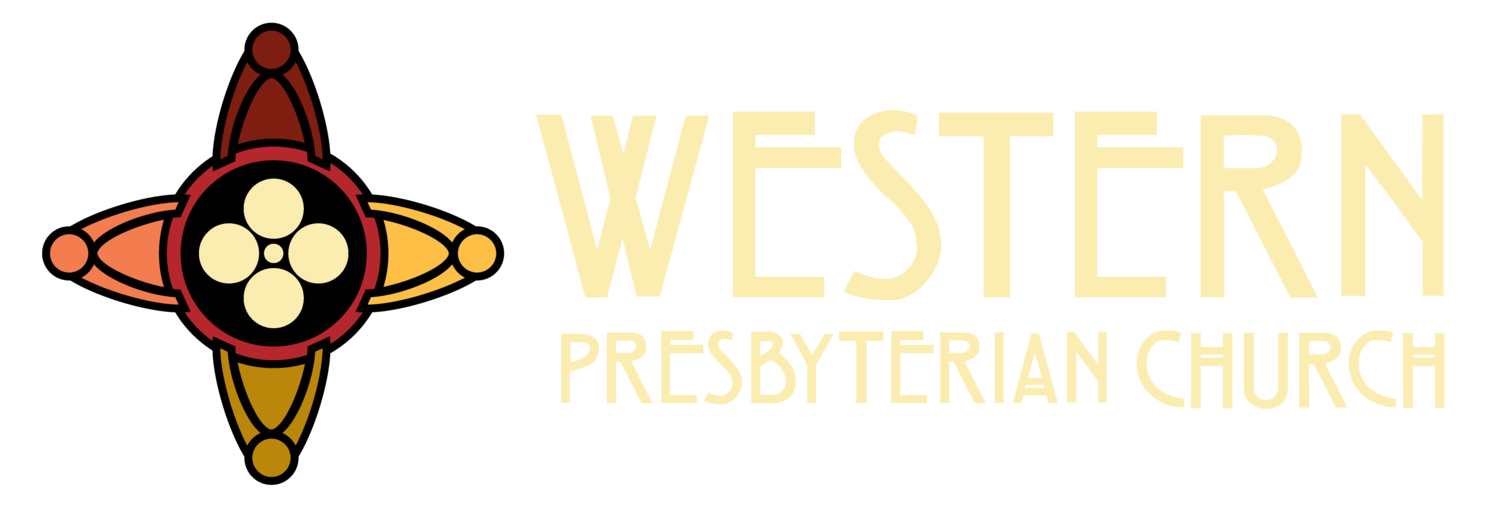A Word from Laura: A Lasting Hope
The night my friend got news of Ruth Bader Ginsburg’s death, she fell apart, sure the news was a harbinger of the end of justice itself. The next morning she put herself together again. My friend divided a recent unexpected financial gift among six Senate candidates she hopes have a chance at living out the priorities she trusts are close to God’s own heart. I could relate to this; RBG’s death moved us to support some causes and candidates at our house, too.
At the same time I’ve wondered, how do we support the causes and candidates that help us live out our faith, but without fully investing all of our hope in them? Not so much to keep us from being disappointed if certain folks don’t get elected, or if Supreme Court decisions swing differently; for indeed, that may be the case. But how can we hold fast to the reality of divine justice right now? How can we remember that our hope is in something much larger that can’t be defeated, in someone whom no one can vote in or out?
My friend reminded me that people grow in faith and hope through pain and suffering and difficulty, though, and that we don’t get to faith and hope without recognizing and naming just how hard our experiences are. Jesus knew this, which is why he was drawn to people who struggled and why stories of him honored their struggles.
As I connect with hope in the eternal and transcendent this week, I’ve turned to those who have struggled themselves. Alice Walker, inspired by an Iraqi mother forced to leave her home after the war, reminded me that hope is “the teacher with the toughest homework,” that we see hope in a woman “who has lost her fear,” because she has lost everything else and is determined that what has happened to her should never happen again.
Joy Harjo is our nation’s poet laureate and also a Native American. In Conflict Resolution for Holy Beings, she reminds us that for some, hope is rarely found in our city:
The sun rose over the Potomac this morning, over the city surrounding the white house.
It blazed scarlet, a fire opening truth.
White House, or Chogo Hvtke, means the house of the peacekeeper, the keepers of justice.
We have crossed this river to speak to the white leader for peace many times
Since these settlers first arrived in our territory and made this their place of governance.
These streets are our old trails, curved to fit around trees.
And then hope from the struggles of RBG herself, talking about the nature of dissent: “Dissents speak to a future age… the greatest dissents do become court opinions and gradually over time their views become the dominant view. So that's the dissenter's hope: that they are writing not for today, but for tomorrow.”
As people of faith, trusting in the way of Jesus, in the hope we find in him, may we look to those who know hope best, because it has come through the crucible of struggle. May we find ourselves in solidarity with those who have no hope in what happens in our city, and may we remember we are working not for today, but for tomorrow.
Towards a lasting hope,
Laura
